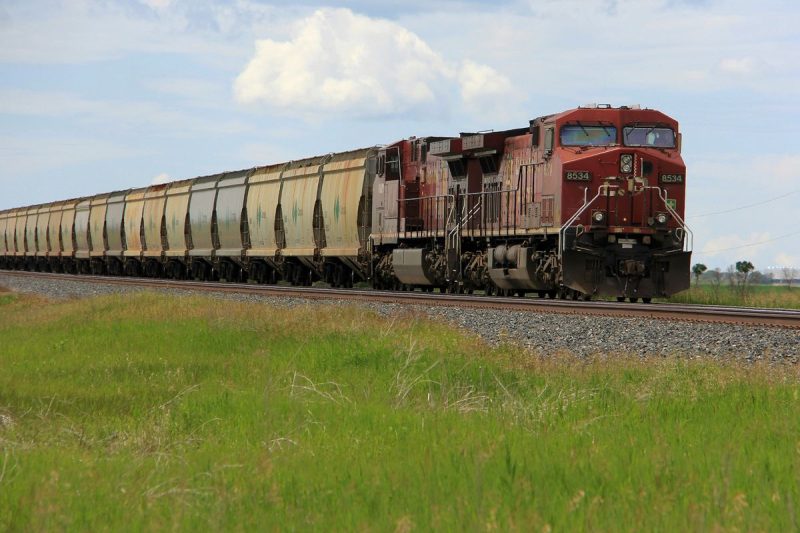The recent lockout of Canadian rail workers has caused significant disruptions to potash, oil, and metal shipments. This industrial action has had far-reaching consequences, impacting various industries and sectors across the country. The halt in shipments has sparked concerns about the supply chain and economic implications, as businesses grapple with the fallout of the labor dispute.
Potash, a key component in fertilizer production, is a vital resource for the agriculture industry. The suspension of potash shipments has raised concerns about potential shortages and price fluctuations in the global fertilizer market. Farmers, who rely on potash to boost crop productivity, are particularly vulnerable to disruptions in the supply chain. The lockout has highlighted the interconnected nature of industries and the domino effect that can result from disruptions in one sector.
Oil shipments have also been affected by the lockout, with refineries and other oil-dependent industries facing delays and uncertainties in their supply chains. The halt in oil shipments has raised concerns about energy security and the potential impact on prices at the pump. Canadian consumers may feel the ripple effects of the labor dispute as businesses navigate challenges in obtaining essential oil supplies.
Metal shipments, essential for manufacturing and construction industries, have been brought to a standstill due to the rail workers’ lockout. The suspension of metal shipments has disrupted production schedules and raised concerns about project delays and cost overruns in various sectors. Businesses that rely on a steady supply of metals for their operations are feeling the pinch as they struggle to find alternative transportation options to keep their operations running smoothly.
The lockout of Canadian rail workers serves as a stark reminder of the vulnerability of supply chains to labor disputes and other unforeseen events. The disruptions in potash, oil, and metal shipments underscore the need for contingency planning and diversification of transportation routes to mitigate risks and ensure business continuity. Companies that rely heavily on rail transportation may need to reassess their strategies and explore alternative modes of transportation to navigate future disruptions effectively.
As negotiations between the rail workers and management continue, stakeholders across various industries are closely monitoring the situation, hoping for a speedy resolution to the labor dispute. The ramifications of the lockout on potash, oil, and metal shipments highlight the intricate web of dependencies in the global supply chain and the importance of proactive risk management strategies in today’s interconnected world.

